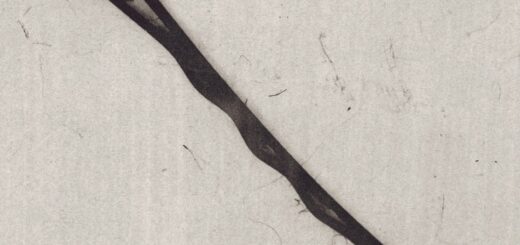Disappearing Writer

This morning I read an AI-generated review of my own writing. It was of an academic article[1] from 2010, about the photomontage artist John Heartfield (1891-1968). The notification and link came from academia.edu, a “social networking platform” for researchers and academics to exchange news and views. The review raised many questions for me, perhaps above all “who asked for this?” and “why?” The article was obscure in 2010, and there’s no immediate reason it would suddenly gain currency in 2025. I’m assuming, for now, that academia is promoting the use of the software by distributing free samples, although I still wonder “why that one?” and “why me?”
The review was, I thought, clear, accessible, and generous (with a little mild criticism for plausibility, like seasoning in a stew) but very, very boring (really, there was a bit of sparkle in that text.). To any reader interested in learning more about Heartfield it was, further, useless, simply because it missed everything that that was new in the article. I do have a view of my own about the two artists and the way they used the printed and broadcast sources they used for the photomontages. But AI didn’t mention any of it. On the one hand, that’s reassuring: none of it has been “borrowed,” say, without attribution. On the other hand it’s frustrating, for what is actually mine in this text, however modest, has left no trace, nothing to prompt anyone else to respond. I’ve disappeared.
If there’s any moral to the story, it must have something to do with the threat being overwhelmed by robotic writing, or worse, failing to appreciate our own sparkle, or worst of all, of overlooking the vast difference!
[1] (2010) “Kamaraden und Kohlköpfe: John Heartfield im Universum der technischen Bilder,” [Comrades and Cabbageheads: John Heartfield in the Universe of Technical Images] in Medien Denken, Bielefeld: Transcript Verlag, June, 2010.


